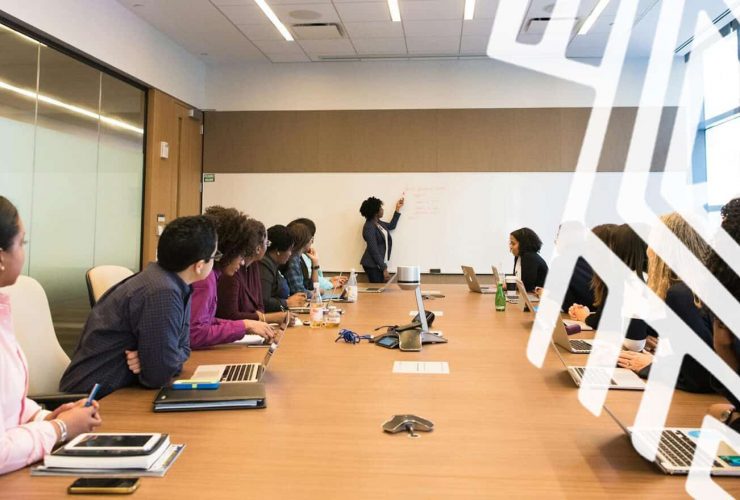Skills Development: A Holistic Approach to Transform Your Business
Skills Development, often perceived as a complex and intricate element of the B-BBEE scorecard, presents a unique opportunity for strategic growth when approached holistically. In my experience, the common question, “How much do we need to spend to meet the 6% target?” only scratches the surface. It’s a question that demands a more nuanced answer, one that goes beyond simple compliance and delves into strategic business development.
For Directors in large South African companies, the focus must shift from merely meeting targets to leveraging Skills Development as a powerful tool for organisational advancement.
Beyond the 6% Myth:
The reality is, the 6% spend is a misleading simplification. The actual spend is segmented by Economically Active Population (EAP) targets, demanding a granular approach. Focusing solely on one demographic, such as African Males, will not yield the desired points. Furthermore, the type of training matters. Accredited and formal interventions are prioritized, emphasizing quality over quantity.
The Holistic Vision:
A holistic approach to Skills Development means integrating it with various business objectives, including:
- Internal Alignment: Aligning programs with different sections of the Skills Development scorecard.
- Business Objectives: Tailoring training to meet specific business needs and goals.
- Succession Planning: Utilizing training to develop future leaders and address Management Control requirements.
- Financial Optimisation: Leveraging tax incentives to maximize the return on investment.
- Procurement Strategy: Partnering with training providers that enhance your procurement scorecard.
Strategic Spending and Headcount:
Understanding the cost-effectiveness of different training categories is crucial. For example, investing in disabled employees through Category B, C, or D programs addresses multiple scorecard indicators simultaneously, offering a more efficient use of resources. This strategic allocation of budget is where development excels, guiding you to maximise points with minimal direct expenditure.
Internal vs. External Candidates:
While external candidates can fill immediate gaps, particularly in areas like disability representation, utilising internal employees for Category B, C, and D programs offers significant advantages. Salaries can be claimed as part of your spend, reducing direct costs and aligning training with your company’s existing talent.
Skills123: Your Partner in Holistic Skills Development:
At Skills123, we understand the intricacies of Skills Development and its potential to drive transformative change. Our comprehensive solutions are designed to:
- Navigate the complexities of the B-BBEE scorecard.
- Develop bespoke training programs that align with your business objectives.
- Optimize your spend to maximise points and minimise costs.
- Leverage our expertise to enhance your succession planning and procurement strategies.
Transforming Compliance into Opportunity:
Skills Development is more than just a compliance requirement; it’s a strategic investment in your company’s future. By adopting a holistic approach, you can enhance your B-BBEE scorecard, develop your workforce, and drive sustainable growth.
Let’s Connect:Are you ready to transform your Skills Development strategy? Contact Skills123 today to discover how we can help you achieve your business goals.




